Wall Street economists and analysts were looking at a nonfarm payrolls loss of 8.3 million for the month of May. That estimation would see an unemployment rate of 19.5% – the nation’s worst since the 1929 Great Depression. Instead, the month surprised everyone when payrolls added a whopping 2.5 million jobs, the biggest job increase since the Covid-19 pandemic.
Still, even with an unemployment rate of 13.3%, thanks to the return of 2.5 million jobs in May, the number of working Americans is almost 20 million lower compared to before the outbreak began. But that job number was the tonic that Trump has been looking for after a terrible week of burning and looting due to race riots, which is still ongoing. As usual, Trump praised himself, of course.
Known for his habit of self-congratulation, President Trump used the positive May jobs report to claim victory for everything – the economic crisis, Covid-19 pandemic as well as major progress against racial inequality and whatnot. Heck, the U.S. president even said George Floyd, who was killed by a white police officer who knelt on his neck, might be pleased by the jobs report.
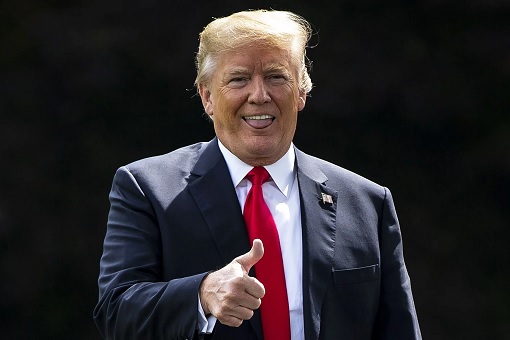 Trump said – “Today is probably, if you think of it, the greatest comeback in American history. We’re going to be stronger than we were when we were riding high. We made a big step in our comeback. This is a rocket ship. Hopefully, George is looking down right now, and says – This is a great thing that’s happening for our country.”
Trump said – “Today is probably, if you think of it, the greatest comeback in American history. We’re going to be stronger than we were when we were riding high. We made a big step in our comeback. This is a rocket ship. Hopefully, George is looking down right now, and says – This is a great thing that’s happening for our country.”
After months of sinking approval numbers for his handling of the Coronavirus, a tanking U.S. economy, and a lack of compassion in the wake of the George Floyd murder, it’s hard to blame Donald Trump for prematurely saying that the jobs number means the economy is making a comeback far better than a “V-shape” recovery like a rocket ship.
Sure, the stock market skyrocketed instantly after the unexpected return of 2.5 million jobs. But even before that, the Dow Jones and S&P 500 have been hitting the roof – during both the Coronavirus and race riots – because the Federal Reserve have been printing money and pumping an unlimited amount of money to support the financial markets, including the Wall Street.
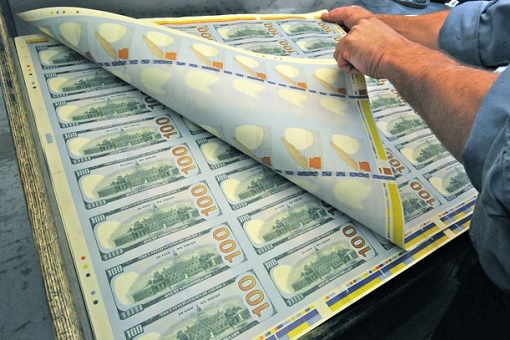 In actuality, bars and restaurants, the segment of the economy worst hit by the pandemic, recalled 1.4 million workers in May following a loss of more than 6 million positions in the earlier two months. In the construction sector, 464,000 jobs returned, followed by 368,000 in retail and 225,000 in manufacturing. In essence, food services accounted for more than half of the employment gains.
In actuality, bars and restaurants, the segment of the economy worst hit by the pandemic, recalled 1.4 million workers in May following a loss of more than 6 million positions in the earlier two months. In the construction sector, 464,000 jobs returned, followed by 368,000 in retail and 225,000 in manufacturing. In essence, food services accounted for more than half of the employment gains.
But there’s something that Trump didn’t want people to know. The Payroll Protection Program, which encouraged small businesses to keep workers on payroll during the pandemic by providing funding, was instrumental in helping bring back workers in May. About 4.5 million businesses have received a total of about US$510 billion under the scheme.
Without the Payroll Protection Program, which is nothing but payroll subsidy or unemployment benefit program, companies would not have the incentive or money to re-employ back their workers. It was like the government paying the companies to retain their workers on their payroll. But here’s the best part – the government subsidy will run out in early July.
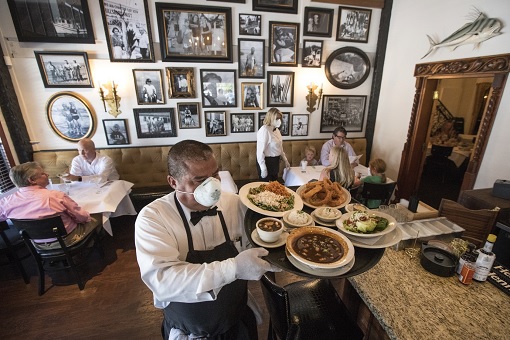
Besides, common sense says May employment should improve in line with the reopening for business in all 50 states in the United States. In comparison, the month of April saw more than 95% of Americans were under lockdown. In the same breath, the employment should also be positive for the month of June simply because the juice of the Payroll Protection Program is still flowing.
Tom Porcelli, chief U.S. economist at RBC Capital Markets, says the recovery path should see a June payroll number of more than 10 million jobs. If that happens, then only economists or analysts can start talking about a possible V-shaped recovery. It was estimated that the Payroll Protection Program would “artificially” help maintain 50 million jobs.
Therefore, the real test is in the sustainability of the employment once the government subsidy ends in July. In fact, if Trump and economists are cocksure that a V-shaped recovery is in order, they should stop offering further financial aid to artificially prop up the employment rate. After spending US$3 trillion in government aid, they should let an organic return to normal.
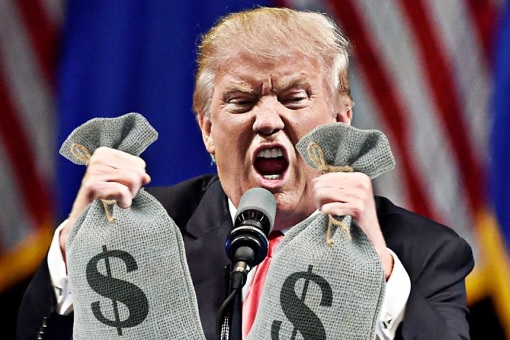
But can the Trump administration, and economists for that matter, afford to do that? Like it or not, only 1 of every 9 jobs lost has returned. To add salt to injury, much of the employment growth in May came from the same pool of 2.7 million workers returning to their jobs after being “temporarily” retrenched. Trump should also take note that in May, African American unemployment increased slightly to 16.8%.
Nobel Prize winning economist Paul Krugman and former Federal Reserve chair Janet Yellen was extremely concerned that the May’s stunning job report would encourage the White House to do nothing and let the government aid expire. Both believed that it was the magic of the Payroll Protection Program at work, not a genuine employment improvement.
To make matters worse, when the May job report was released, it included a note at the bottom of the report saying there had been a major “error”. The special note admitted that due to a “miscalculation error”, the unemployment rate has been under-calculated by 3% points – meaning the actual unemployment rate is 16.3% (not 13.3%) for May.
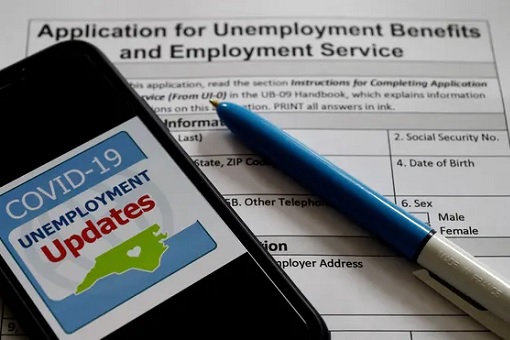
The Bureau of Labour Statistics said it was working to fix the problem. Interestingly, for the second month in a row, the Labour Department admitted the true unemployment rate would be higher than currently estimated, including May’s, as many jobless workers were misclassified as being employed. This has led some to suspect that Trump administration has tampered with the data to make it look better. - financetwitter


No comments:
Post a Comment
Note: Only a member of this blog may post a comment.